On the morning of January 30, Le Duc Tho Primary School (Go Vap District, Ho Chi Minh City) organized a city-level English program with the theme "Open House - Teaching and learning English for grade 4 of the 2018 General Education Program through Vietnamese culture".
At the beginning of the program, teachers from the districts were surprised by the bilingual MC skills of Le Viet Anh and Nguyen Khanh Han (both in class 5/6). The two students not only spoke English fluently and had standard pronunciation, but also had excellent MC skills when confidently introducing the delegates, coordinating activities and performing arts.
Le Viet Anh and Nguyen Khanh Han (both in class 5/6) confidently lead the program in English - Source: NGOC ANH
As the main characters of today's topic, after the introduction of the two young MCs, the 4th grade students and Ms. Tran Nguyen Minh Anh, a teacher of the school, organized an English teaching activity right in the school yard, witnessed by many teachers, specialists from districts and parents of the school.
With the theme of traditional Tet holiday, she began her lesson with an introduction to Tet culture in Vietnam, then familiarized students with vocabulary related to this topic through videos , images, sounds... The lesson was then stirred up by the teacher and students with folk games such as sack jumping, playing bingo, wrapping banh chung, making a tray of five fruits...
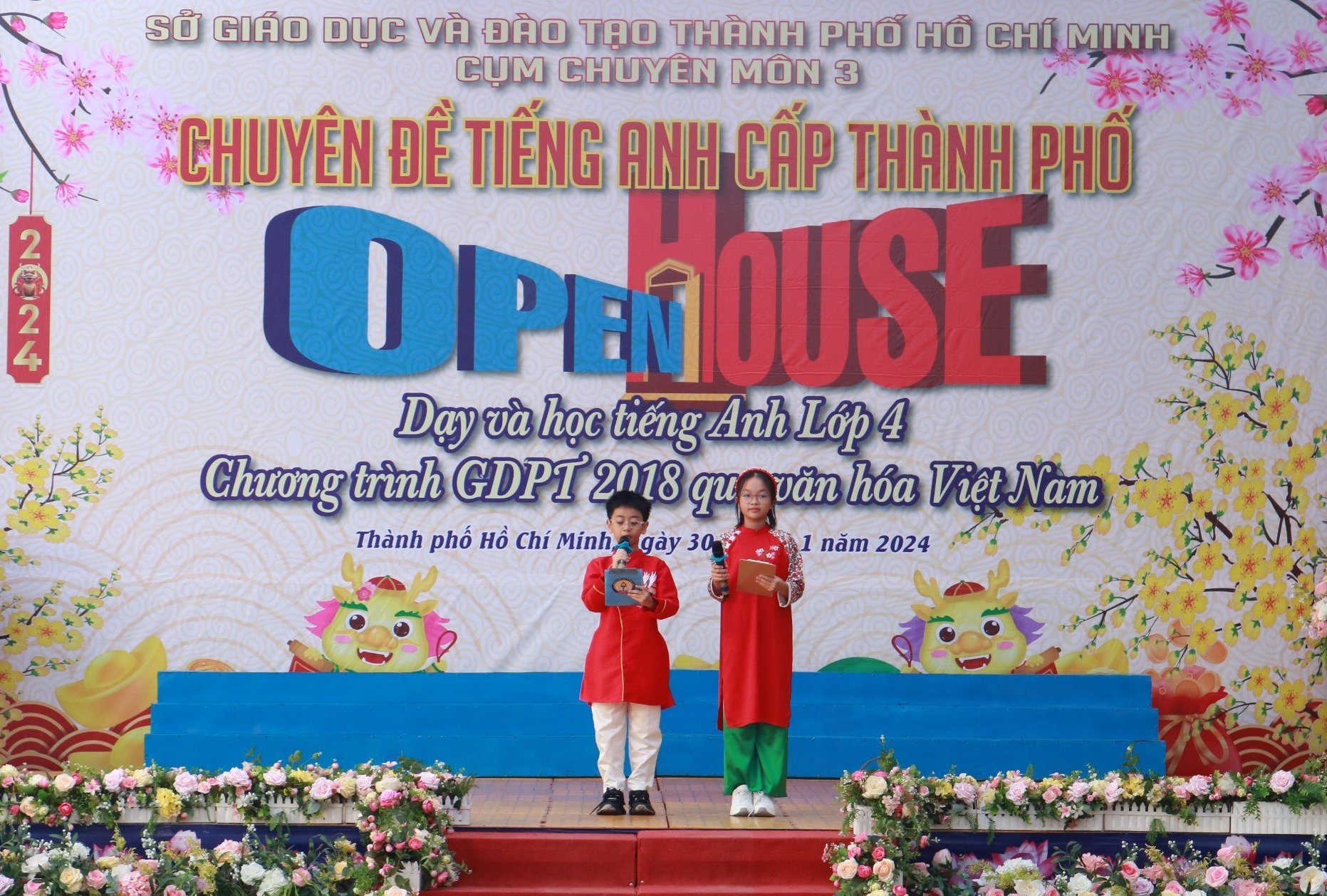
Le Viet Anh and Nguyen Khanh Han (both in grade 5/6) confidently lead the program in English.
In all activities, teachers and students communicate and use English. Many students are confident in their ability to use English fluently. They are also taught new words about Tet such as: make five-fruit trays, pack Chung Cake, jumping sack race, bamboo string, wooden mold...
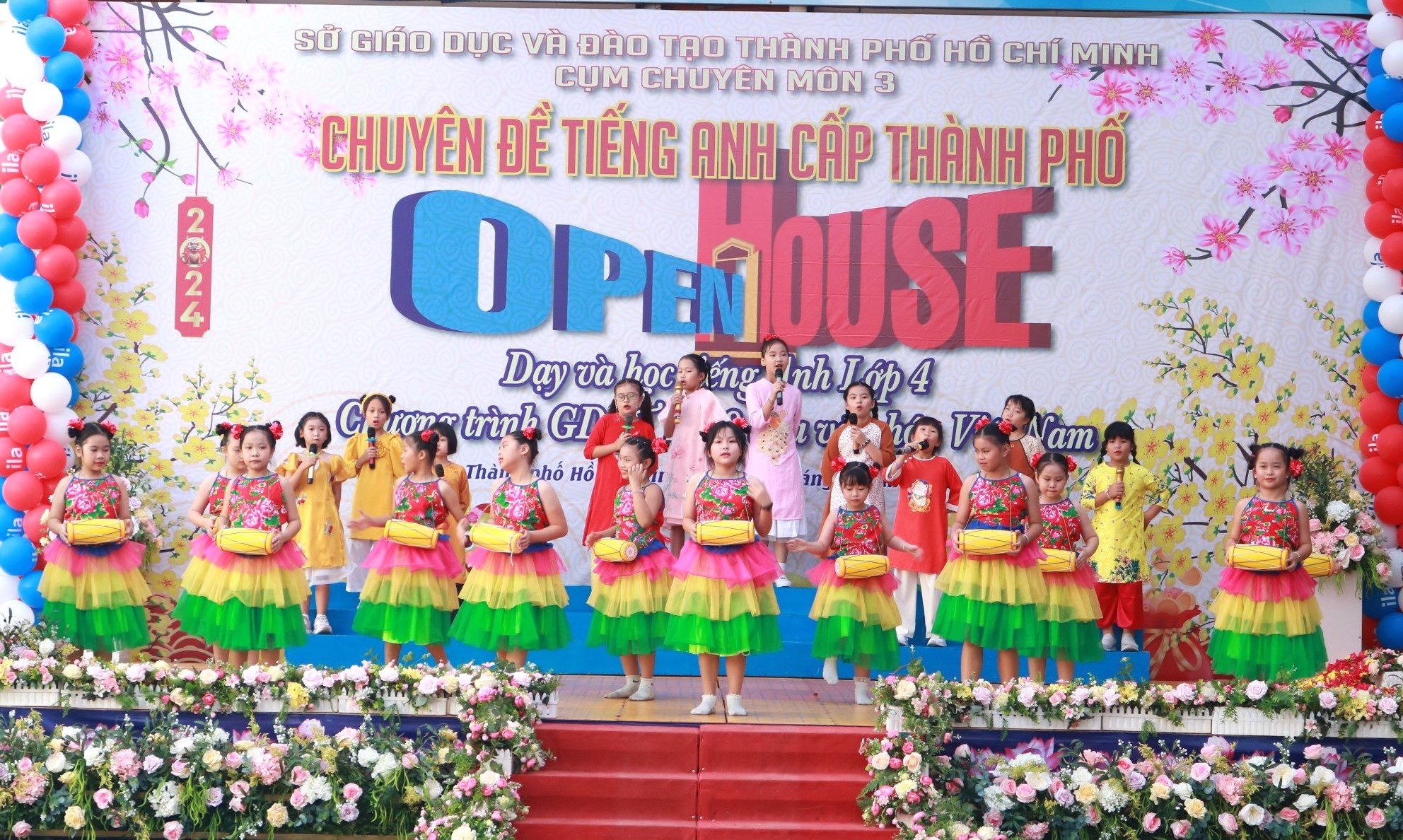
Students perform traditional art performances in English
During the games, the teacher also sang and guided the students to play bingo, calculate the value of each fruit to "go shopping" within the specified amount of money. The students eagerly participated in the games, wrapped cakes together and talked to each other in English.
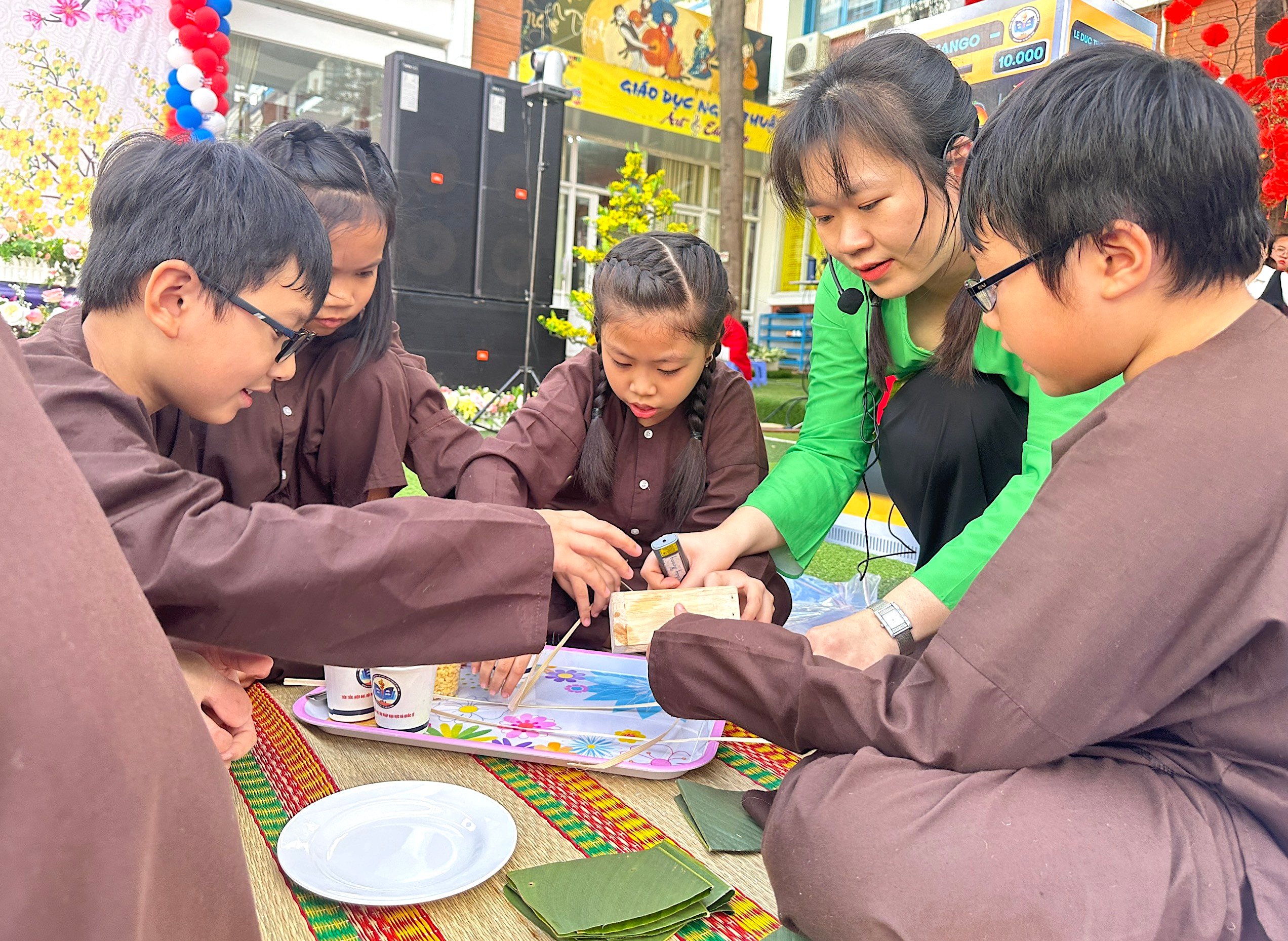
Ms. Minh Anh guides students to make banh chung, introduces them to each step, and teaches new vocabulary.
Sharing about her lessons, Ms. Tran Nguyen Minh Anh said that with the new education program, teachers are more proactive in teaching, so whether in class or in outdoor activities, she diversifies teaching methods. Teachers make the most of folk games, games, songs, movies, etc. Teaching in diverse forms helps students become interested.
"With this teaching method, many 4th and 5th graders can communicate well. During class, teachers and students use English completely, which is also a way to stimulate students to speak proactively," Ms. Minh Anh shared.
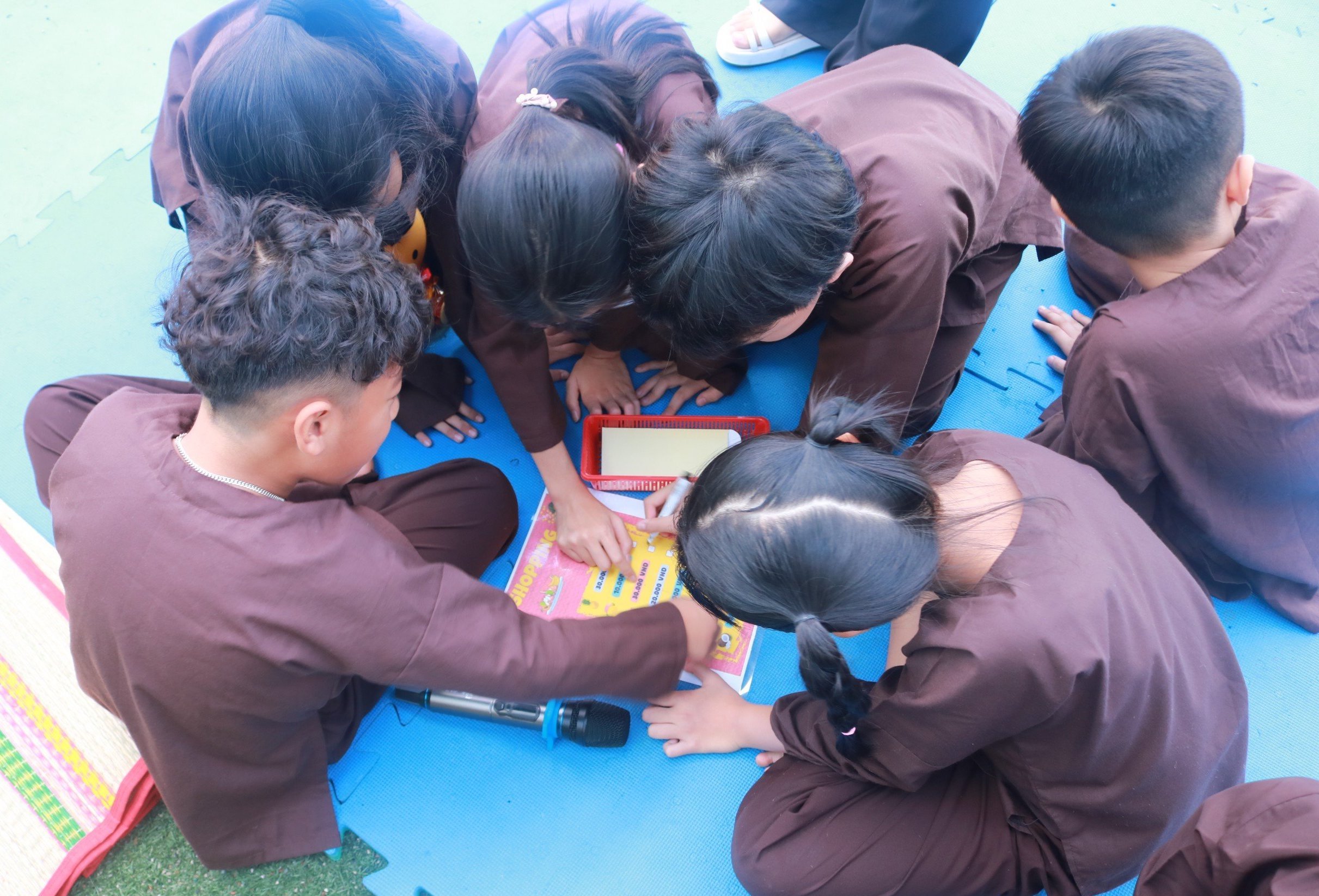
Students participate in a shopping game to make a fruit tray.
Attending the specialized lesson, Mr. Pham Chi Thien, an expert from the Department of Education and Training of Ho Chi Minh City, commented that the innovative education program makes teachers very tired. Teaching is no longer simply a matter of teachers lecturing and students listening, but must incorporate many activities and diverse forms... Teachers therefore have to spend a lot of time thinking, calculating and preparing for their lessons.
"Inviting parents to participate in lessons like this will help them see the hard work of the teachers. The teachers have spent a lot of time and effort to conduct the lessons. Children love to learn through real-life experiences. Even though the games and lessons may not be perfect, these activities will stimulate the children's speaking ability and confidence," said Mr. Thien.
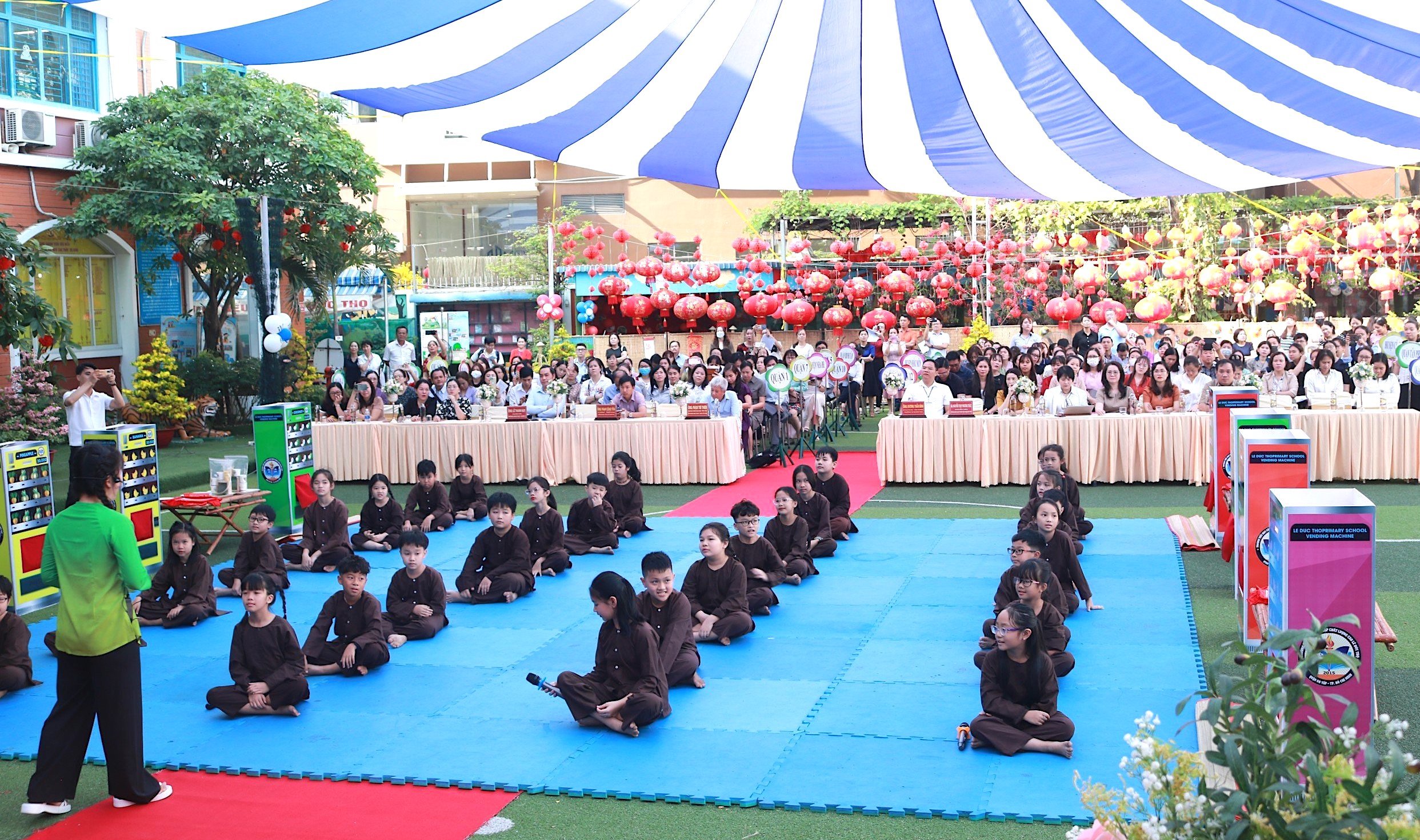
This is an open lesson, with the participation of teachers and experts from districts in Ho Chi Minh City to contribute ideas and learn to create effective lessons.
He also advised teachers to clearly define the content of each lesson, for example, in activities, students should be more proactive and speak more. Teachers should not spend too much time correcting pronunciation, sentences or reading first and then students. Instead, he encouraged students to speak, if they make a mistake, they will realize it and know how to correct it.
"Don't correct little by little. If you do correct, do it during pronunciation and vocabulary lessons. Each lesson has its own task. During speaking lessons, you have to let the students speak as much as possible. If you talk too much, the students will stagnate and not be able to stand up on their own," Mr. Thien commented.
Source link




![[Photo] President Luong Cuong receives delegation of the Youth Committee of the Liberal Democratic Party of Japan](https://vstatic.vietnam.vn/vietnam/resource/IMAGE/2025/8/22/2632d7f5cf4f4a8e90ce5f5e1989194a)
![[Photo] Prime Minister Pham Minh Chinh chairs the conference to review the 2024-2025 school year and deploy tasks for the 2025-2026 school year.](https://vstatic.vietnam.vn/vietnam/resource/IMAGE/2025/8/22/2ca5ed79ce6a46a1ac7706a42cefafae)

![[Photo] President Luong Cuong attends special political-artistic television show "Golden Opportunity"](https://vstatic.vietnam.vn/vietnam/resource/IMAGE/2025/8/22/44ca13c28fa7476796f9aa3618ff74c4)

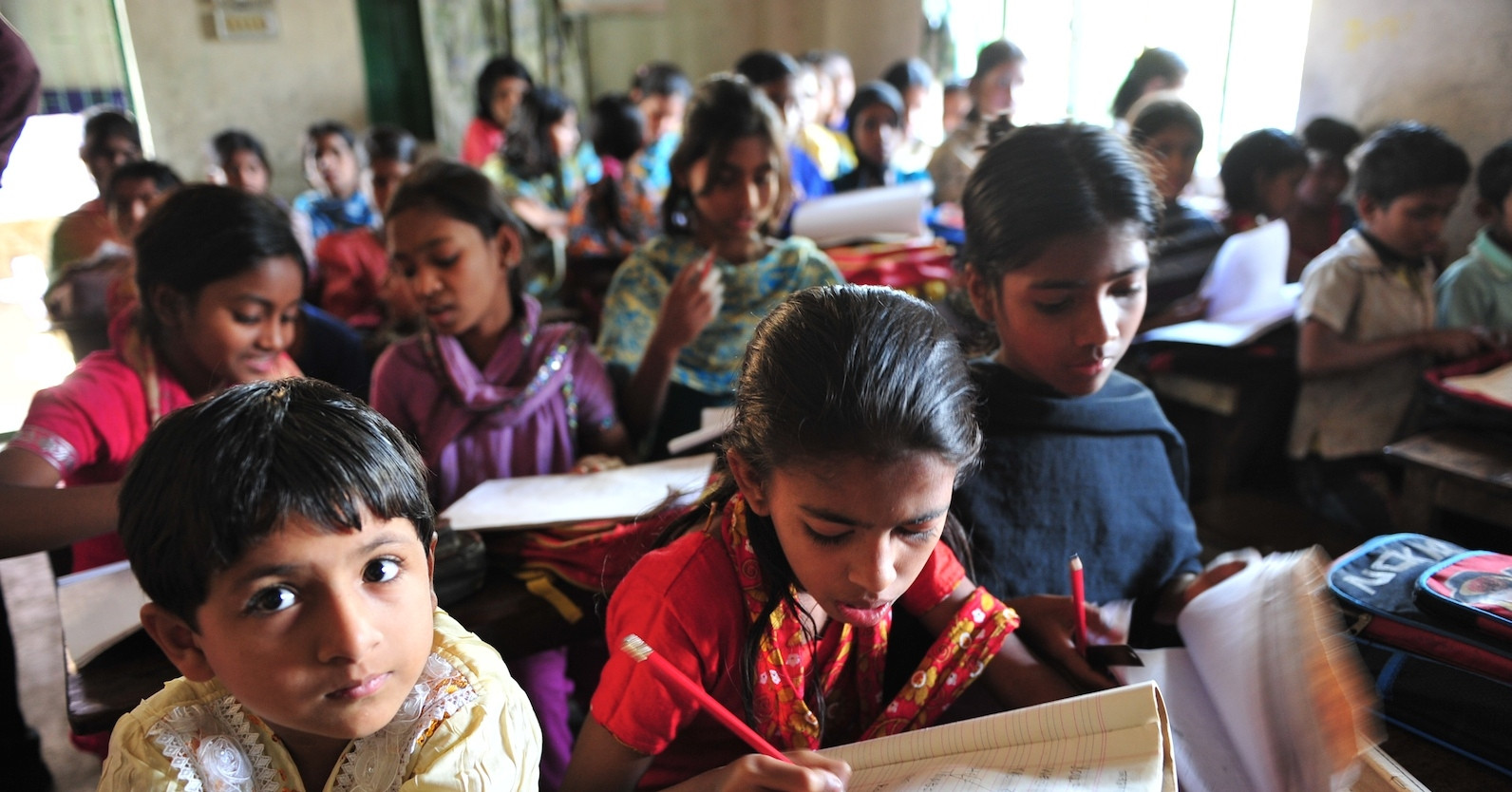



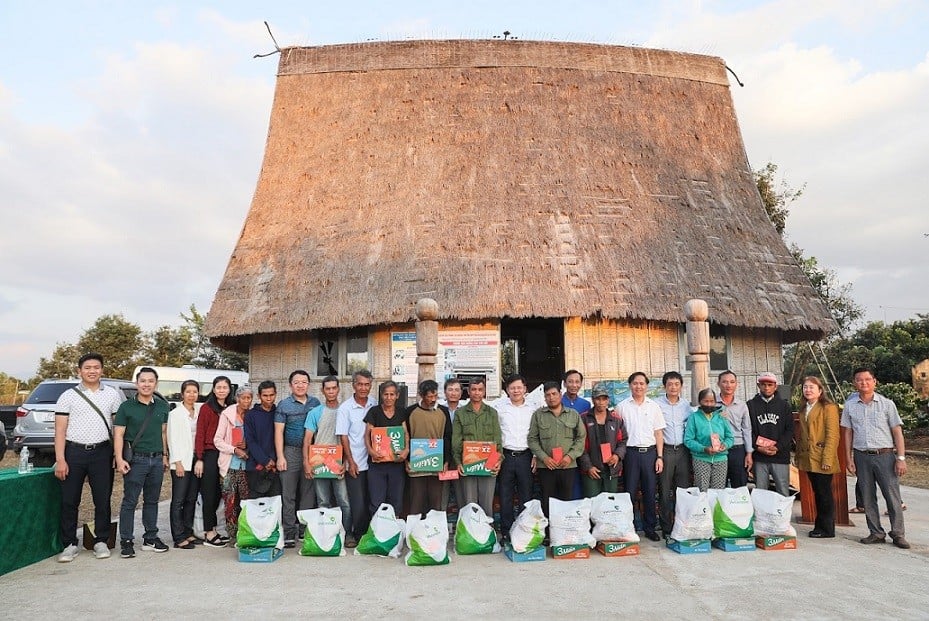

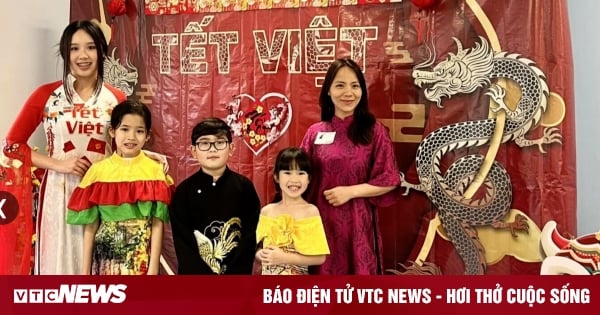





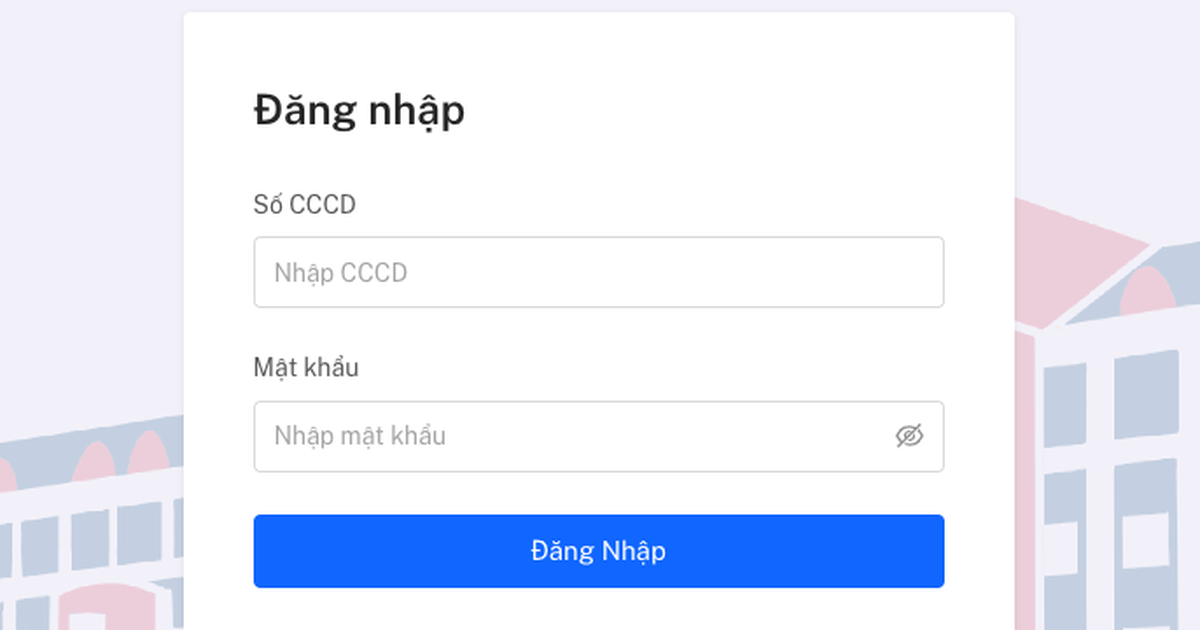
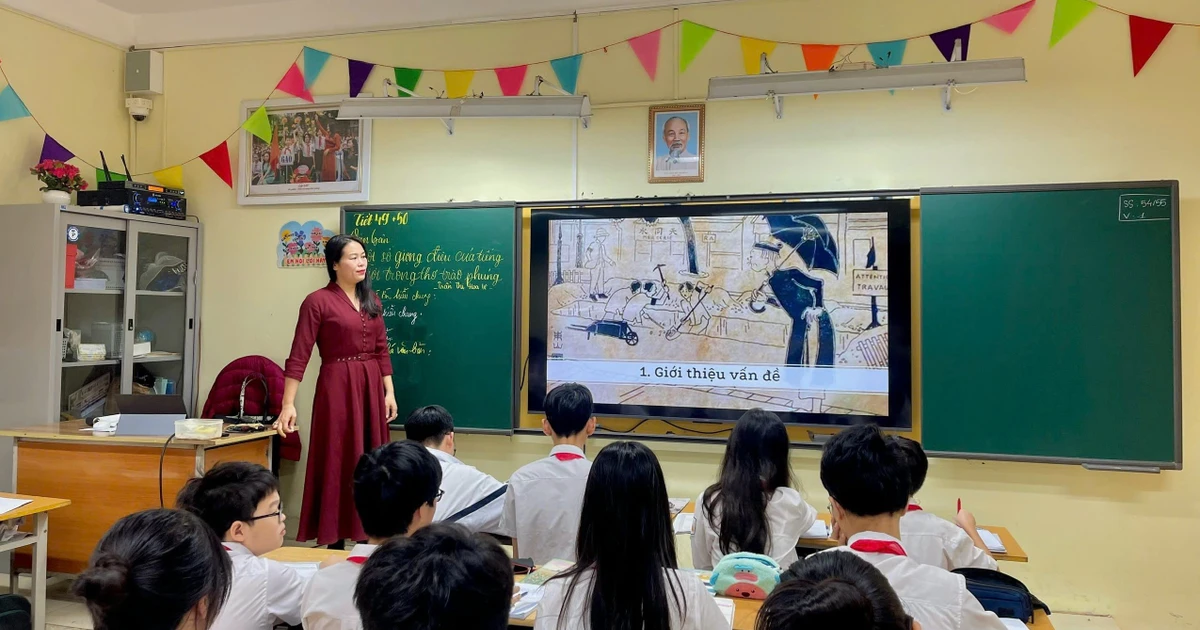

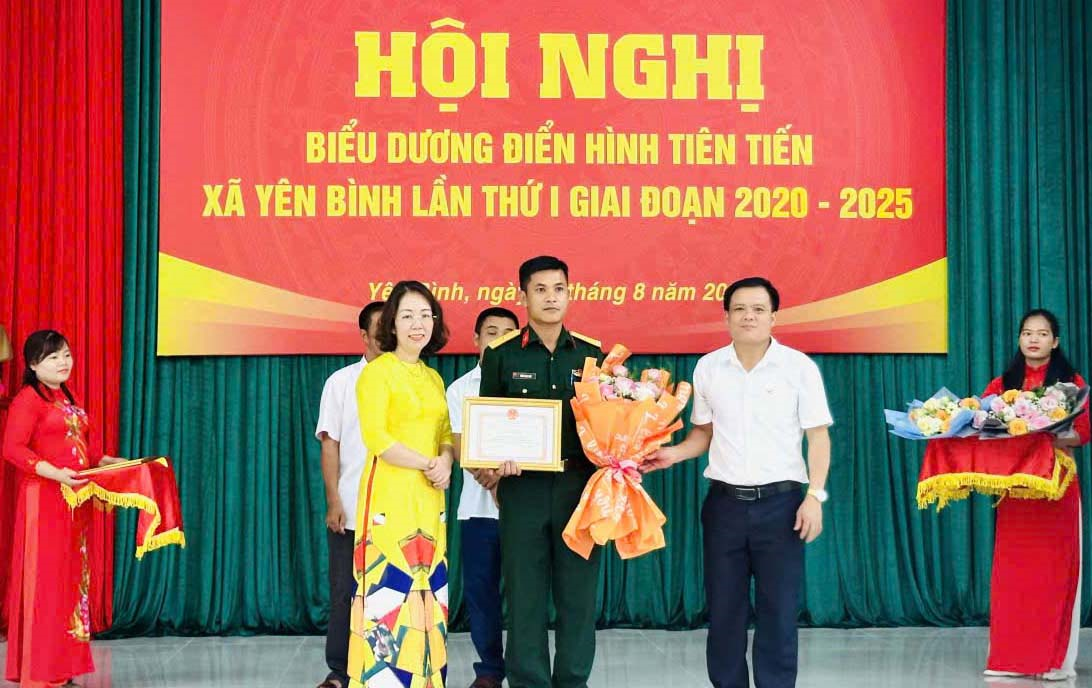

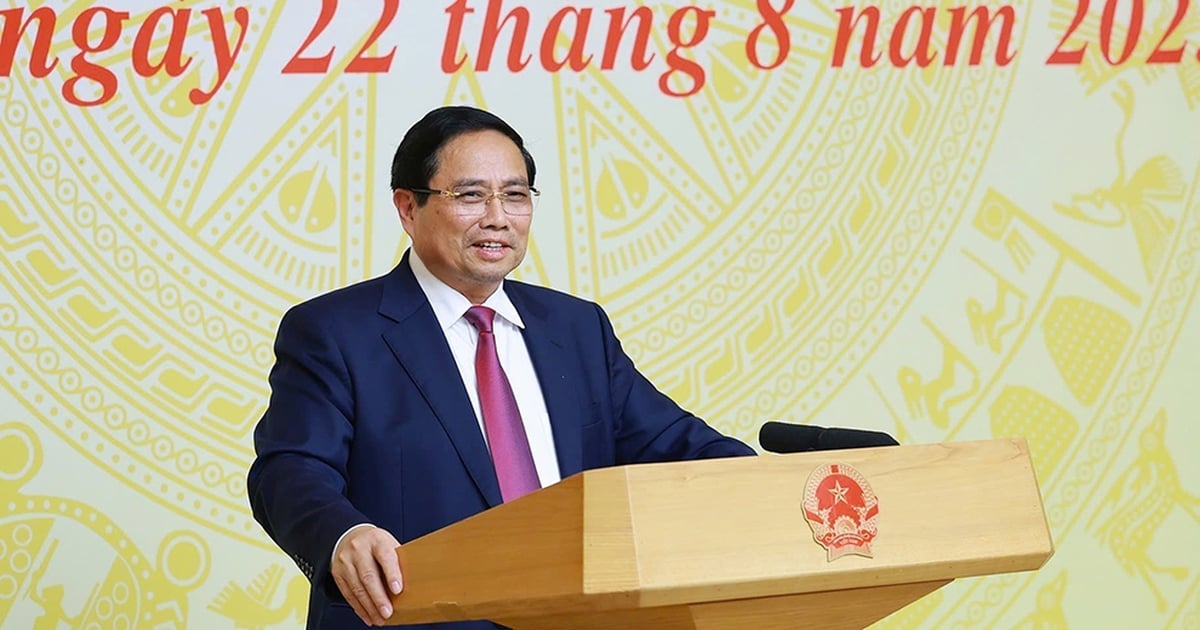
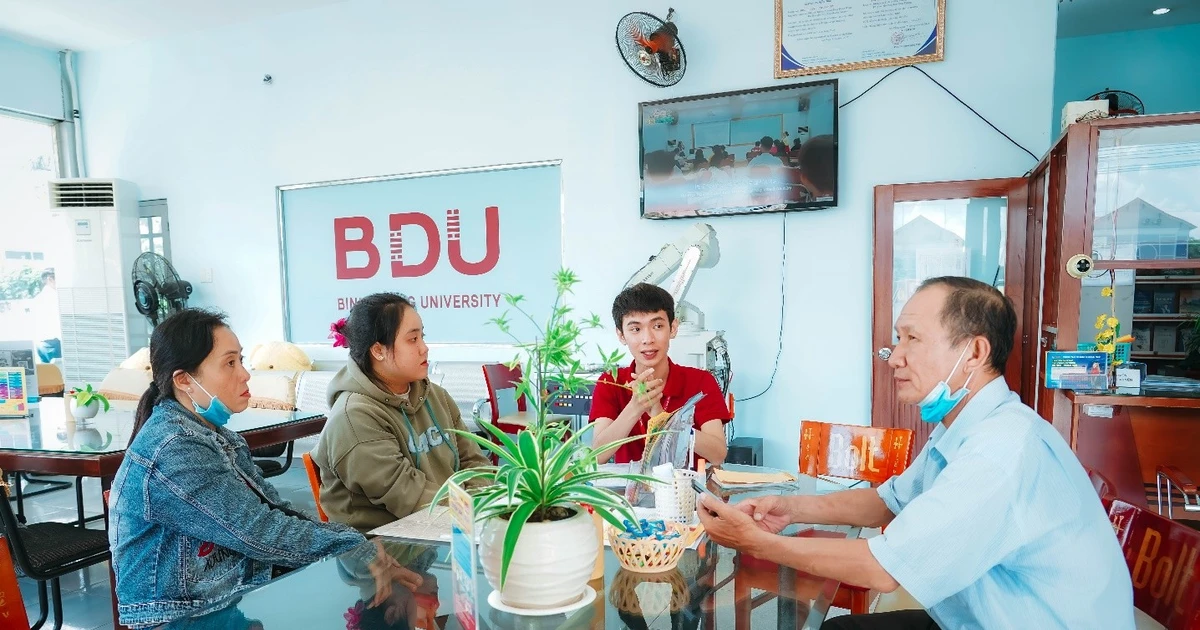










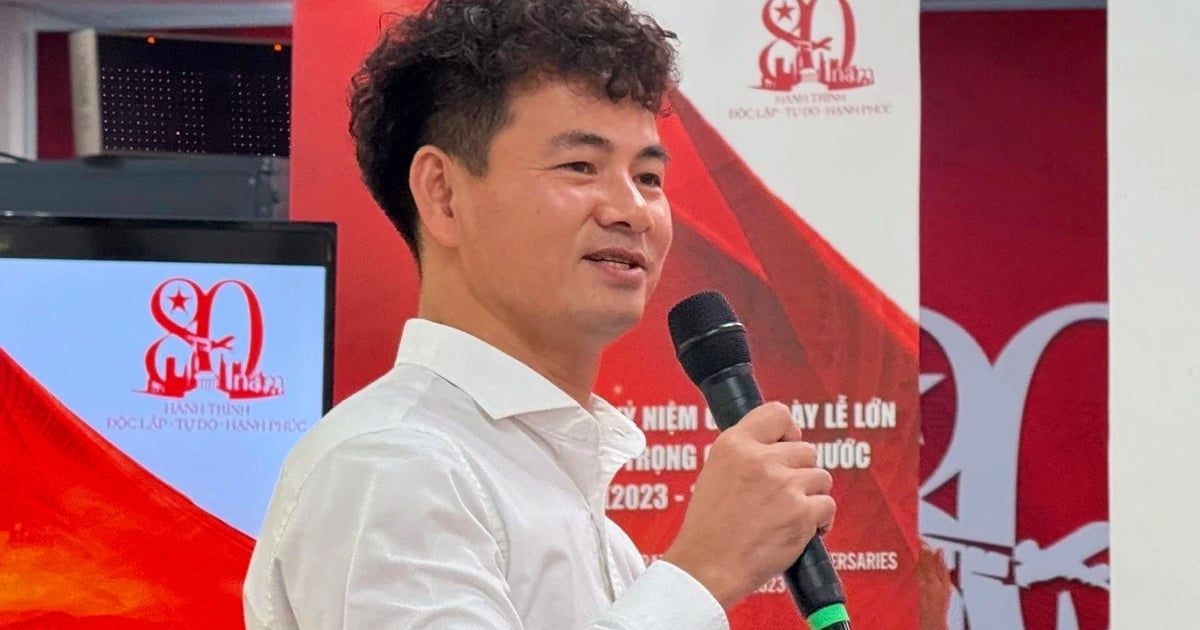
































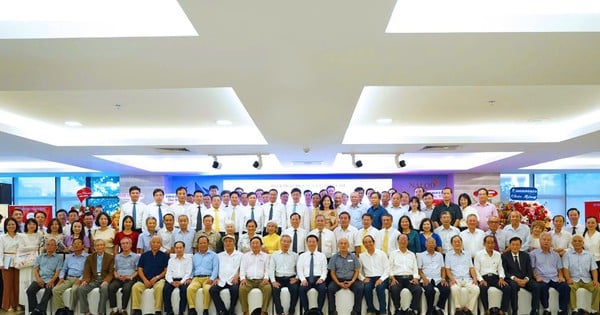

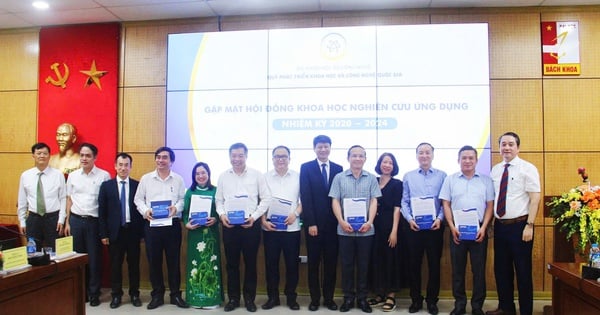








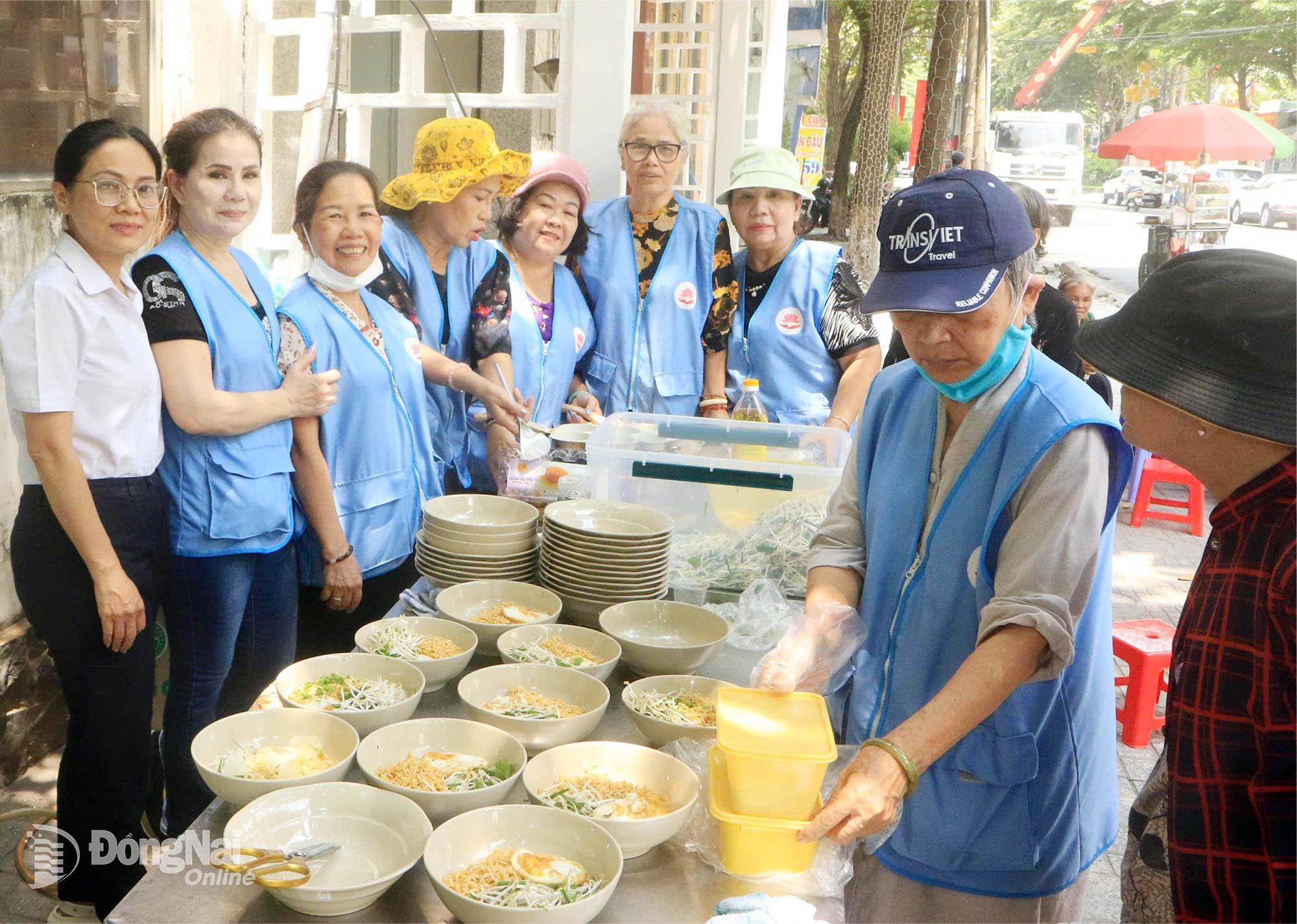



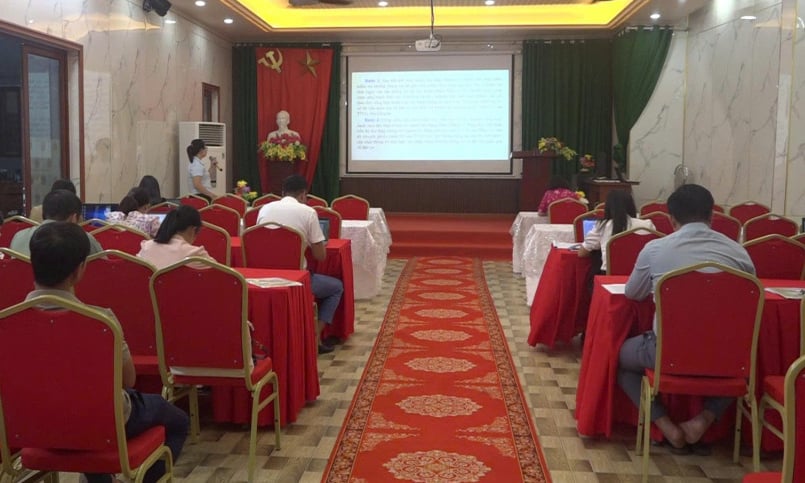

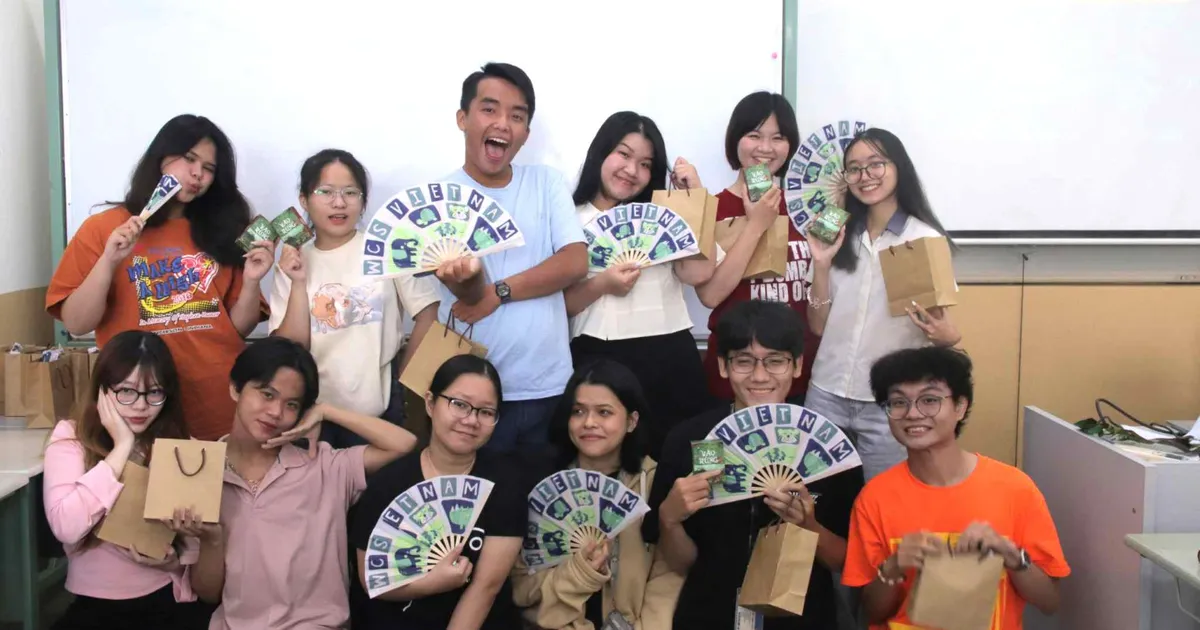















Comment (0)